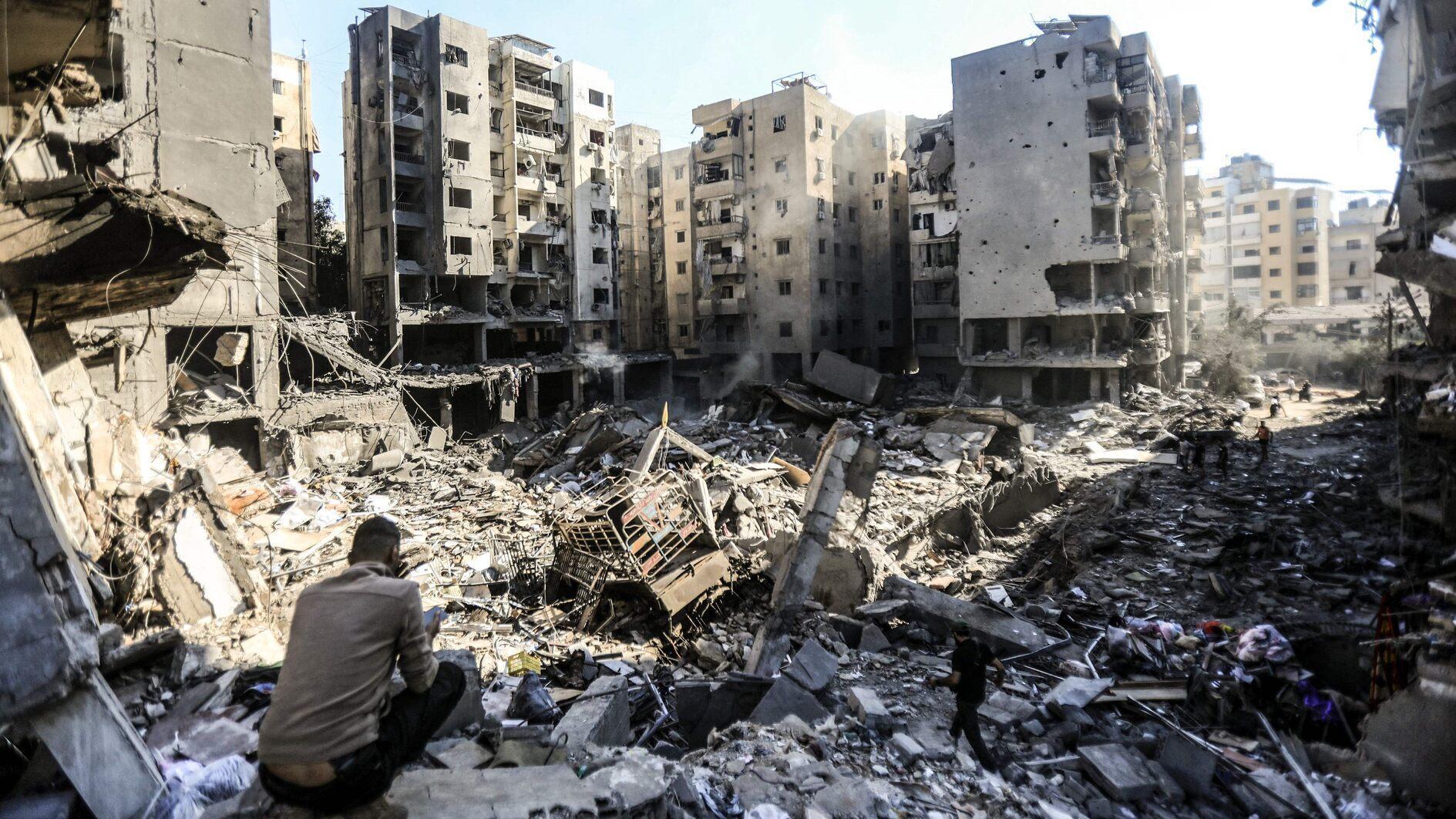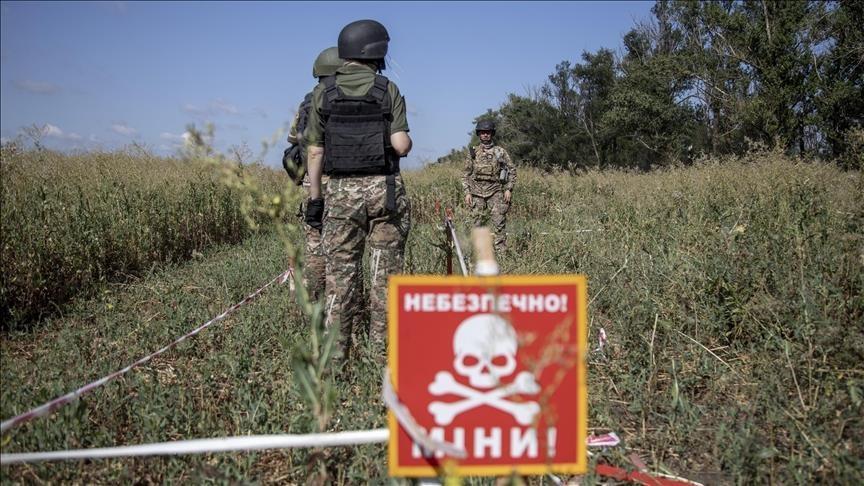Istanbul Convention alone not sufficient to address violence against women, minister says
Serkan Demirtaş - ANKARA

The Istanbul Convention, an international document on preventing and combating violence against women and domestic violence, alone may not be sufficient to address the problem in Turkey, the family and social services minister has said.
“There are those who argue that we excessively implement the Istanbul Convention. Some say we never implement it. Some argue that it destroys the family. Sometimes we find ourselves at a point where we try to explain all social changes through just one convention,” Family, Labor and Social Services Minister Zehra Zümrüt Selçuk told the daily Hürriyet and Hürriyet Daily News on a visit to the Demirören Media Center in Ankara on Jan. 8.
Selçuk said she does not endorse the ideas that the Istanbul Convention is a threat to Turkish family values, but underlined the need to protect the cultural codes of society.
The Council of Europe Convention on preventing and combating violence against women and domestic violence, known as the Istanbul Convention, entered into force on Aug. 1, 2014. Turkey ratified and put it into effect in 2014.
The convention is based on the understanding that violence against women is a form of gender-based violence that is committed against women because they are women. It is the obligation of the state to address it fully in all its forms and to take measures to prevent violence against women, protect its victims and prosecute the perpetrators. Failure to do so would make it the responsibility of the state.
Some conservative groups in Turkey argue that the convention is against Turkish family values as it is based on equality between man and woman with concerns that its implementation would weaken the family as an institution. These groups press on the Justice and Development Party (AKP) government to withdraw from the convention, although Turkey was one of the first countries that signed and put it into effect.
Women’s rights associations, on the other hand, cite the growing number of cases of violence against women and call on the government to effectively implement the Istanbul Convention.
“Istanbul Convention is a convention against violence. [Views that] an international convention destroys the family… It’s an international convention,” she said, implying her opposition to the ideas that the convention could collapse the family.
“At the end of the day, society changes. So does the family structure. The marriage to divorce ratio is also changing. You may cite reasons like increased economic independence of women or the consequences of running out of patience [in a marriage]. You may say a lot of things. But it’s not reasonable to blame the convention,” she stressed.
Selçuk added that the Istanbul Convention reflects on Turkey’s law on the protection of the family and preventing violence against women and it may be subject to amendments if problems are stemming from the implementation.
“We will make impact analysis of the law. We will find out whether there are problems in its implementation and we will also determine what should be done to fix them,” the minister said.
Cultural codes should be protected
When recalled women associations criticize the government for giving a priority on the protection of the family instead of the individual woman, Minister Selçuk stressed that both the Istanbul Convention and Turkey’s national law prioritize the life security of the individual.
“Problems are stemming from the implementation. In some cases where reconciliation is still possible, the unity of the family may be damaged due to unnecessary imposition of cautionary decisions, such as banning the husband from approaching his wife. There are examples to that,” she said.
What is important to be able to look at this case by case, and that’s why the approach of the judges play an important role in handling them, the minister stressed.
“Therefore, prioritizing the family does not mean ignoring the individual. We must, at the same time, protect our cultural codes. Our family structure is getting closer to the models in Europe as we pay less importance to our codes,” she suggested.
“Our motto is ‘prosperous Turkey with well-balanced and peaceful family and happy, productive individual.’ Our family ties should continue with our own, national cultural codes.”
















